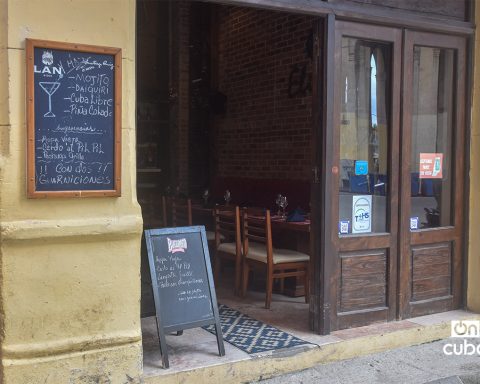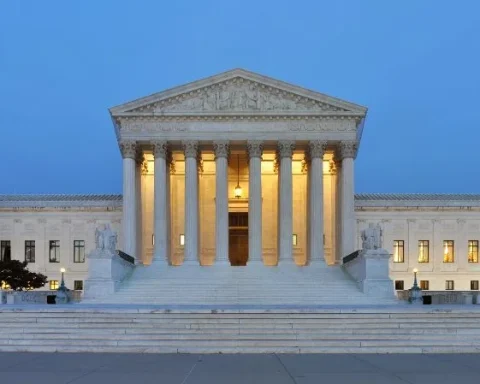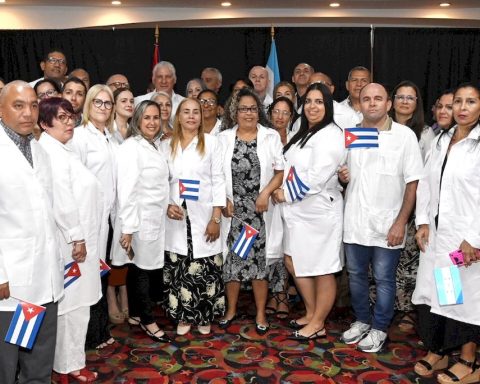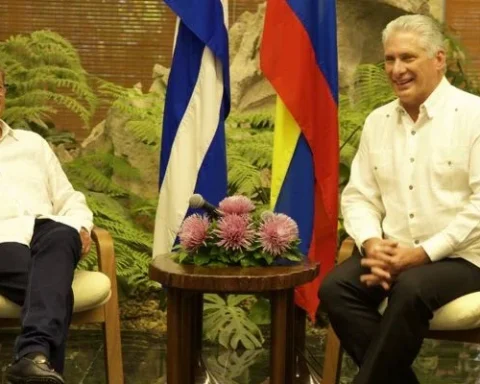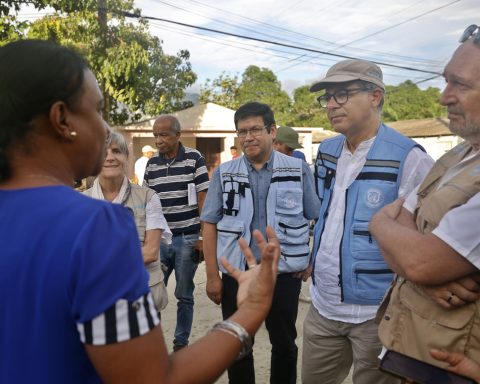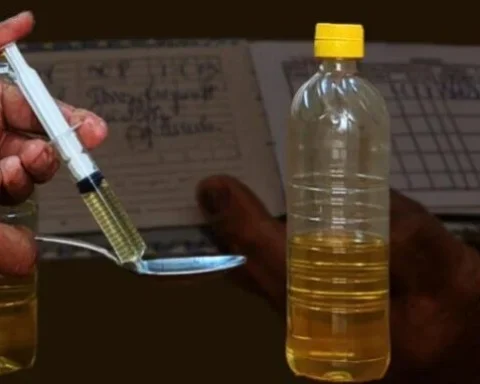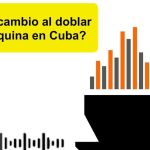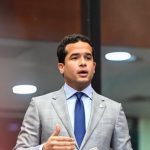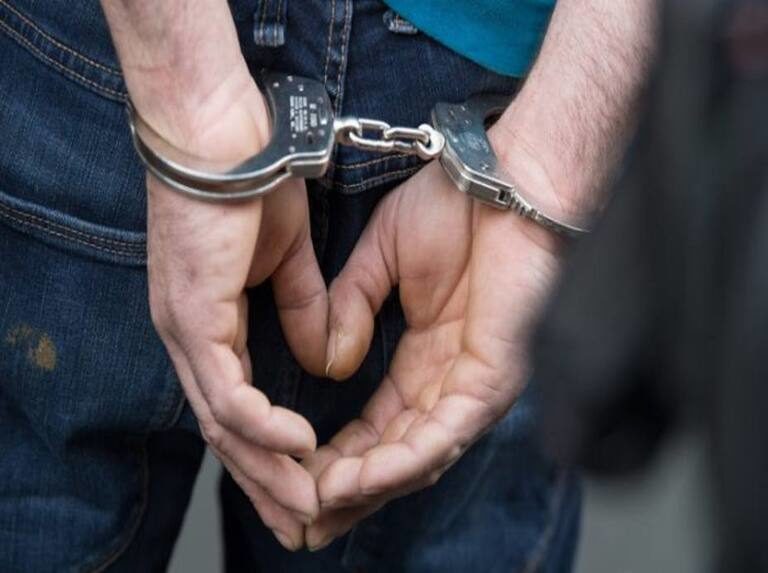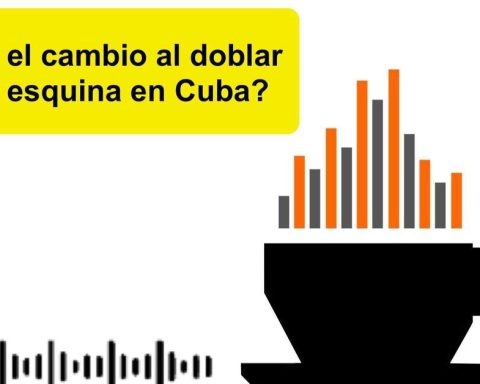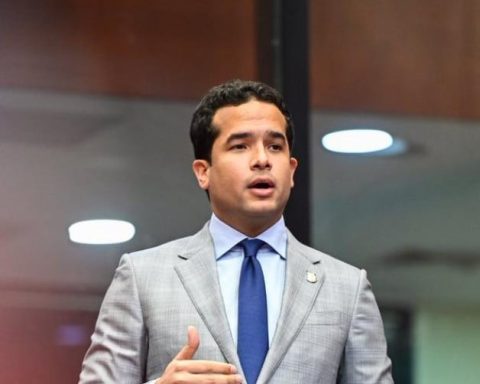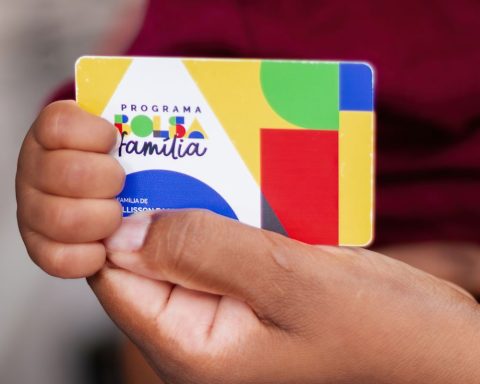The high representative of the European Union (EU) for Foreign Affairs, Josep Borrell, He arrived in Cuba on Wednesday night for a three-day stay in which he will address bilateral economic and political ties.
As part of the program, Borrell will preside, together with the Cuban Minister of Foreign Affairs, Bruno Rodríguez, the Third Cuba-EU Joint Council that will take place tomorrow, Friday, in Havana, points out a issued note by the Cuban Foreign Ministry.
arrived at #Cuba ?? the High Representative of the European Union ?? for Foreign Affairs and Security Policy, @JosepBorrellFto complete an official visit.
1/2 pic.twitter.com/poEEgGhos4
— Cuban Foreign Ministry (@CubaMINREX) May 25, 2023
There are several sensitive issues on the bilateral agenda, according to the Spanish agency efeStarting with economic relations, since the EU is interested in the situation of its companies on the island and in the emergence of small and medium-sized private companies (MSMEs), which have been legal for a year and a half.
In the political sphere, issues of common interest will be addressed, as well as sustainable development projects and the fight against the climate crisis. In the same way, more controversial issues in which the points of view of both parties “differ”, as community sources have recognized.
Among these issues, the human rights situation on the island stands out, especially as a result of the repression of anti-government protests. from July 11, 2021generally peaceful and spontaneous, although after them many participants were arrested and some 700 have been sentenced, in some cases with up to 30 years in prison.
Several NGOs, including Amnesty International (AI) and Human Rights Watch (HRW), this week asked Borrell that human rights continue to be a priority in the EU’s policy towards Cuba.
Also, accurate efeHavana’s support for Moscow in its invasion of Ukraine and the attempts of these two countries to strengthen their economic ties despite the sanctions that weigh on their economies is an important issue.
Cuba is important for the block because, in addition, this year it holds the temporary presidency of the Group of 77 and China (G77+China), the largest intergovernmental mechanism in the world, in which more than 130 developing countries cooperate.
The also vice-president of the European Commission wrote from Twitter upon his arrival: “I return to Havana on my first visit as High Representative of the EU to co-chair the third joint Council between the EU and Cuba established by the Political Dialogue Agreement and Cooperation”.
Borrell will be received by Cuban authorities and will participate in other activities of interest, the Minrex points out. Among these activities, a meeting with a representation of entrepreneurs linked to MSMEs and the launch of a book on the European presence in Havana stand out.
Political dialogue and cooperation
The EU-Cuba CPDA was signed in December 2016 and has been provisionally in force (because the Lithuanian parliament rejected it) since November 1, 2017.
This agreement marked the end of the so-called “common position” of the EU towards Cuba, the restrictive unilateral policy that the Union had maintained towards Havana since 1996, and that linked any progress in the bilateral relationship to progress in democratization and human rights in the island.
Cuba and the European Union discuss those convicted of the 9/11 protests
The pact promotes cooperation in favor of sustainable development, democracy and human rights, as well as the possibility of finding shared solutions to global challenges through joint actions in multilateral forums.
The areas of common interest that can be addressed in the agreement include renewable energy, rural development, the environment, human rights, good governance, security or job creation, among others.
Efe/OnCuba.
